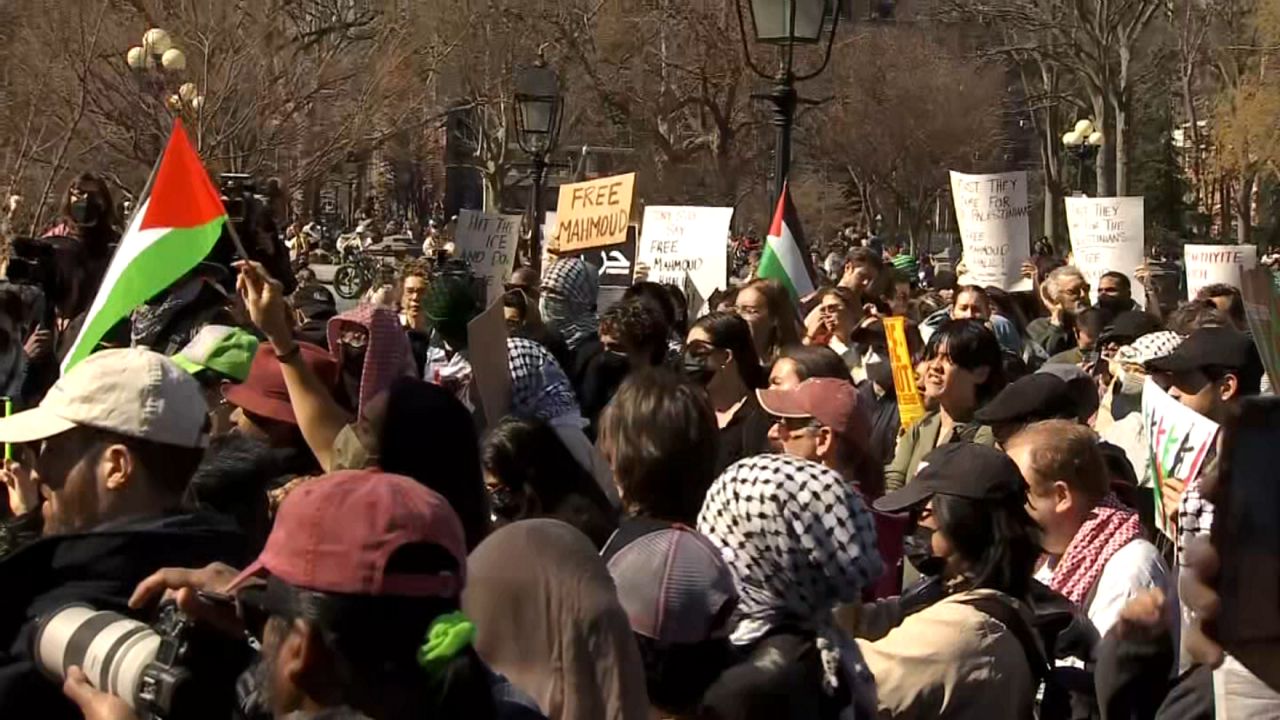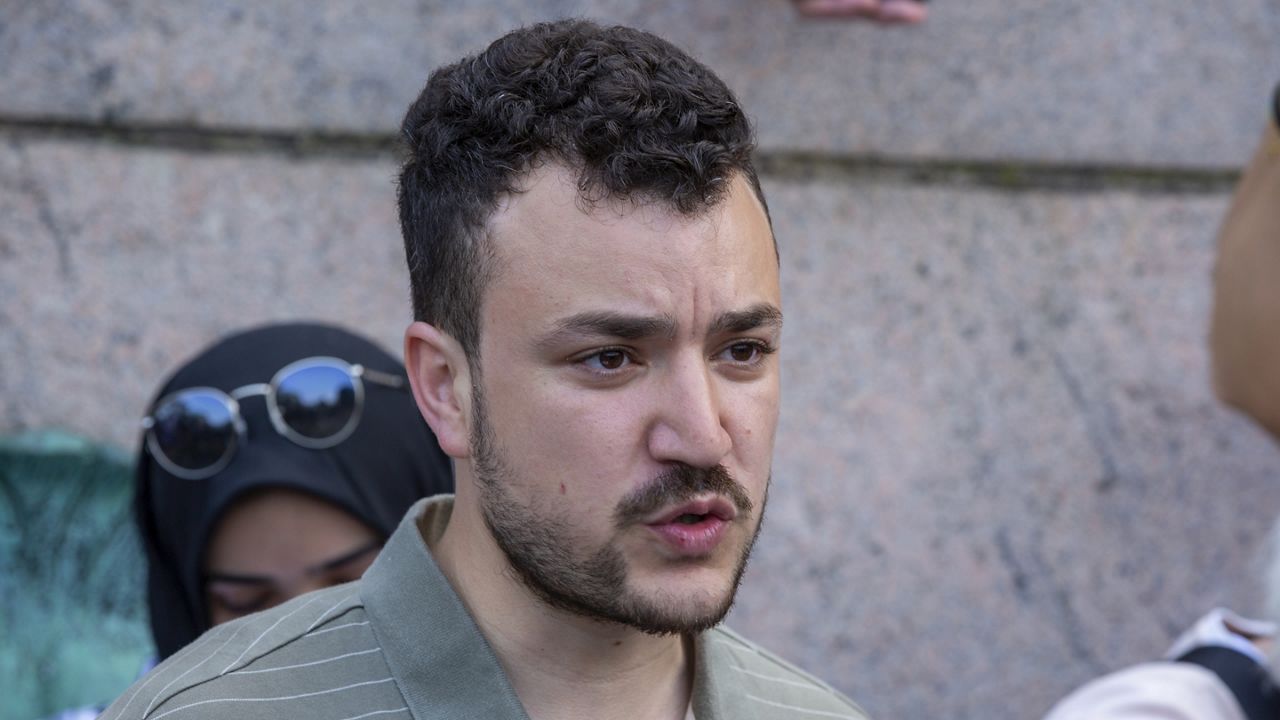Zellnor Myrie was first elected to the Democratic-controlled state Senate in 2018 — part of an insurgent wave of left-leaning Democrats that toppled fellow party members who aligned with Republicans in the chamber.
Since then, he has made himself a known voice on policy items like elections, gun violence and housing.
What You Need To Know
- State Sen. Zellnor Myrie is a graduate of Fordham University and Cornell Law School
- He worked as an associate at Davis, Polk & Wardwell, a white shoe law firm, before jumping into politics
- He won the central Brooklyn seat in 2018, besting then-State Sen. Jesse Hamilton — a member of the now-defunct Independent Democratic Conference, made powerful for its controversial alliance with Republicans
- He was elevated to election committee chairman, and, in his first year, was the prime sponsor of 13 bills signed into law
Myrie is a graduate of Fordham University and Cornell Law School. He worked as an associate at Davis, Polk & Wardwell, a white shoe law firm, before jumping into politics. He was a tenant rights advocate who also worked as s staffer in the City Council.
Ahead of the 2018 election cycle, Myrie attracted the eye of top state Senate Democrat — Deputy Majority Leader Michael Gianaris (D-Queens) — who was eager to break down Republican control.
He won the central Brooklyn seat, which used to belong to Mayor Eric Adams when he was a state Senator.
Myrie defeated then-State Sen. Jesse Hamilton — a member of the now-defunct Independent Democratic Conference, made powerful for its controversial alliance with Republicans.
“He is among the people I call, our primary winners, the senators that won by ousting people in primaries that shouldn’t have been in the Senate to begin with,” Gianaris cheered during Myrie’s inauguration ceremony in February 2019. “Because in this day and age, if you’re dancing with the Republicans, you’re dancing with the wrong people.”
Anticipating a blue wave over the GOP, in the wake of Donald Trump’s 2016 presidential win, the party recruited progressive candidates. Congressman Hakeem Jeffries, and then-Mayor Bill de Blasio endorsed Myrie.
“There was change in the air and he sort of checked all the boxes as far as being potentially a strong candidate,” Lee Miringoff, director of the Marist College Poll, said.
He was elevated to election committee chairman, and, in his first year, was the prime sponsor of 13 bills signed into law.
A criminal justice advocate, Myrie backed the controversial bail reform changes, sought stricter gun control laws and he protested the 2020 death of George Floyd.
During a Brooklyn-based demonstration, he was nearly arrested and officers pepper sprayed him and his now-wife, former state Assemblywoman Diana Richardson, prompting the pair to sue the city. The lawsuit was later settled.
Recently, he was able to get enough support to pass into law the long-stalled Clean Slate Act, a racial justice measure. And he successfully helped shutter Gov. Kathy Hochul’s plan to close Brooklyn’s SUNY Downstate — a hospital mainly serving black and brown communities.
“The smart move by Myrie would be to claim credit for being part of the group of people who knew how to solve New York City’s problems — migrants, housing and other related issues,” Hank Sheinkopf, a veteran political consultant, said.
“You have to really build up your political resume and hope that you can get enough funds to develop the name recognition,” Miringoff said. “The big challenge for a challenger to Mayor Adams is: how many people get in also?”
Although Myrie is a native of central Brooklyn, his parents are immigrants from Costa Rica.









